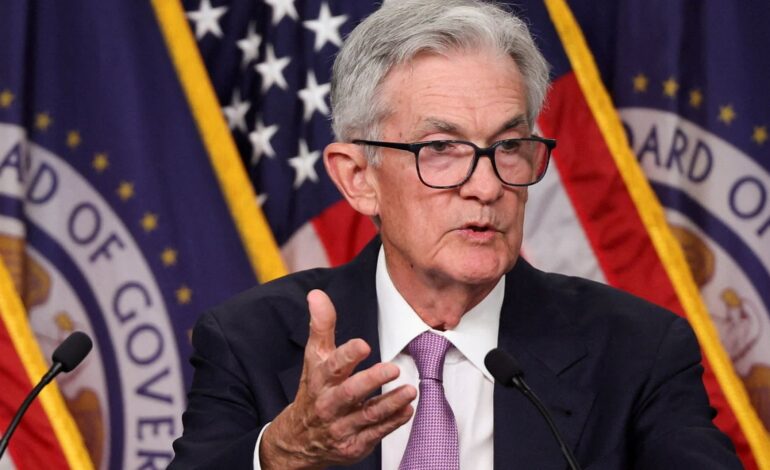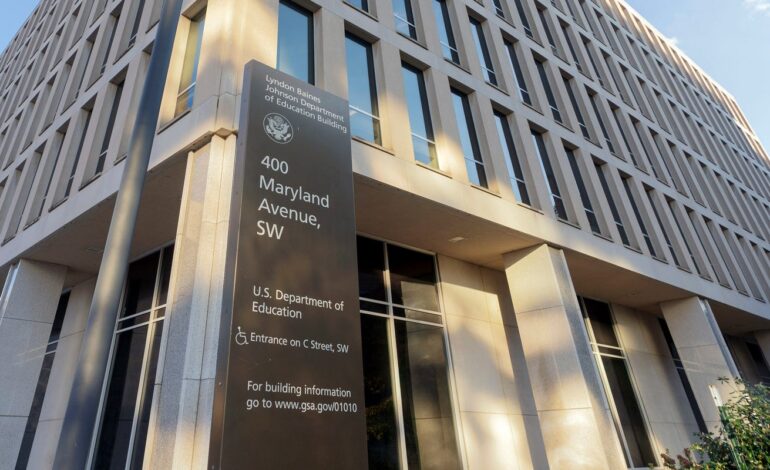
Potential Federal Reserve Actions in Response to Trump’s Tariffs
As President Trump’s tariffs take center stage in economic policy, questions arise about the Federal Reserve’s potential responses. This article explores various strategies the Fed might employ to mitigate potential adverse effects on the economy, considering the broader implications of the trade tensions.
Understanding Trump’s Tariffs
Trump’s tariffs primarily target specific imported goods, aiming to boost domestic production and protect local industries. However, these measures can lead to retaliatory actions and raise costs for consumers and businesses. Understanding this foundation is crucial for analyzing potential economic consequences and the Federal Reserve’s potential strategies.
Economic Impacts of Tariffs
The introduction of tariffs often disrupts global supply chains, potentially leading to increased inflation. Price hikes on imported goods can translate into higher costs for consumers, impacting spending behavior. Businesses may also face increased input costs, which could affect profitability. The Fed must consider these factors when formulating its monetary policy.
Federal Reserve’s Strategic Options
To counteract the economic repercussions of tariffs, the Federal Reserve may explore several strategic options. These include adjusting interest rates to control inflation and maintain economic stability. Lowering rates could stimulate borrowing and investment, while raising them might cool down an overheating economy. The Fed’s approach will depend on the evolving economic indicators.
Impact on Financial Markets
The Federal Reserve’s response to tariffs will have significant implications for financial markets. **Stock market volatility** may increase as investors react to policy changes and economic forecasts. The Fed’s careful communication and timing are essential to minimize market disruptions and maintain investor confidence during this period of uncertainty.
Long-term Economic Outlook
In the longer term, the Fed’s actions will shape the economic landscape. **A delicate balance** between promoting growth and controlling inflation is essential. The outcome of these measures will influence future fiscal policies and international trade relations, highlighting the interconnected nature of global economies.
Conclusão
In summary, the Federal Reserve’s response to the tariffs is crucial, involving a fine balance between fostering economic stability and addressing inflation. The Fed’s decisions will significantly impact financial markets and the overall economic landscape, necessitating insightful and strategic actions to navigate this complex situation.






